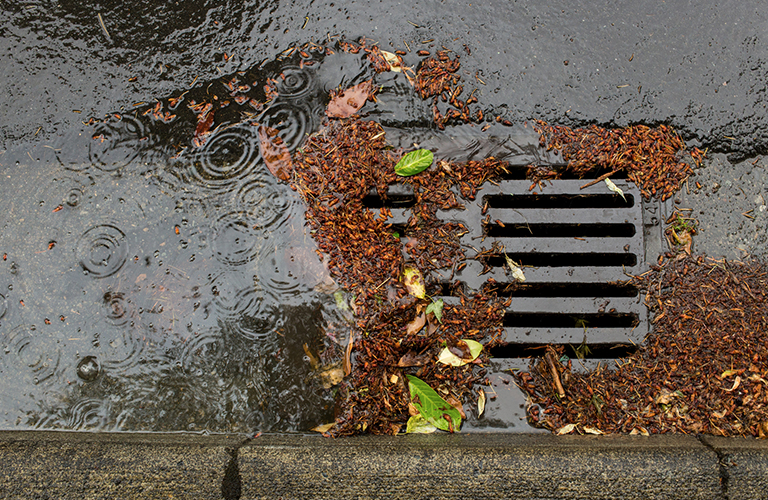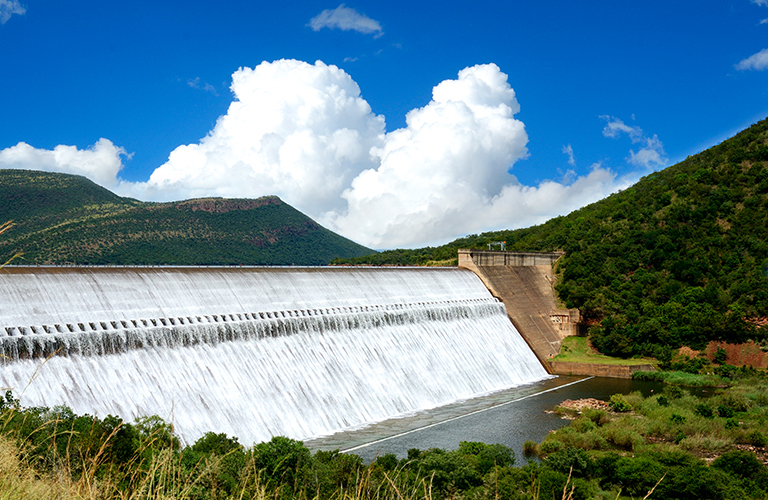
In a lawsuit filed on February 6 in the U.S. Court of Appeals for the District of Columbia, developers working on construction sites with multiple contractors have alleged that they should not be liable when another contractor causes a violation of the project’s NPDES stormwater permit. Historically, multiple operators at a single site are required to obtain individual permits but share responsibility for compliance for the entire project. The suit argues that the joint and liability language of the construction permit makes all contractors responsible for each other’s permit violations even when the contractors have no control over the operations… Read more


